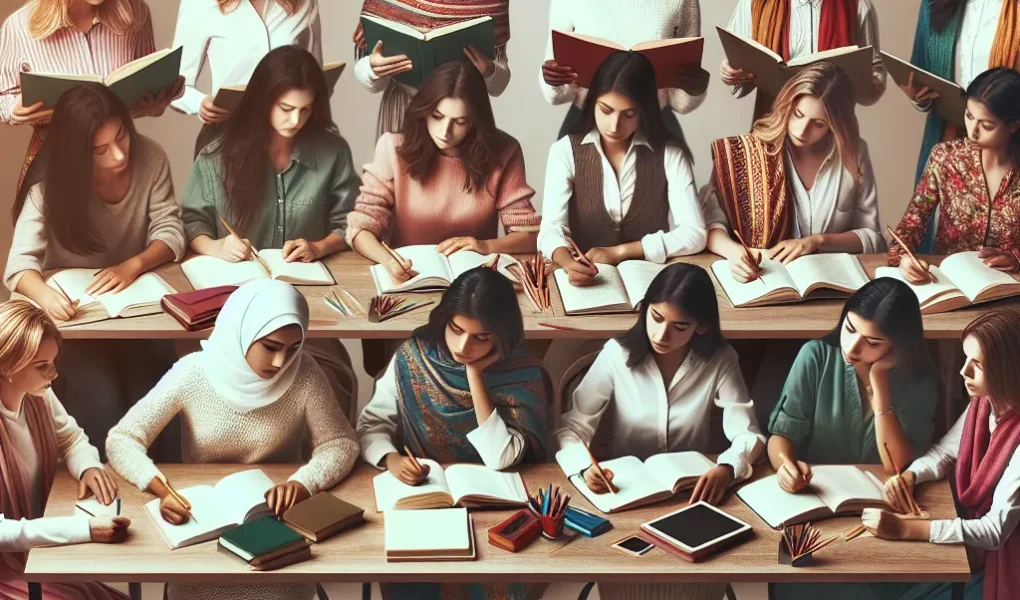Breaking Barriers: The Impact of Education on Women’s Empowerment
Education has long been recognized as a powerful tool for empowering women worldwide. From breaking barriers to challenging societal norms, the impact of education on women’s empowerment cannot be overstated. By providing women with access to quality education, they are better equipped to challenge traditional gender roles, advocate for their rights, and pursue opportunities that were once out of reach.
One of the most significant impacts of education on women’s empowerment is the breaking down of societal barriers. In many parts of the world, women face cultural, social, and economic obstacles that limit their access to education. By investing in girls’ education and providing opportunities for continued learning, communities can break these barriers and pave the way for greater gender equality. When women are educated, they are more likely to participate in decision-making processes, contribute to economic development, and advocate for policies that benefit their communities.
Furthermore, education plays a crucial role in expanding women’s opportunities for economic and social empowerment. With access to education, women gain the knowledge and skills needed to pursue careers, start businesses, and participate in the workforce. This not only has a direct impact on their economic well-being but also contributes to the overall development of their communities and societies. Educated women are more likely to invest in their children’s education, breaking the cycle of intergenerational poverty and setting the stage for a more prosperous future.
In conclusion, the power of education in empowering women worldwide cannot be understated. By breaking barriers and providing women with the tools they need to succeed, education has the potential to transform societies, foster gender equality, and contribute to sustainable development. It is imperative that stakeholders at all levels recognize the pivotal role of education in women’s empowerment and work towards creating inclusive and accessible learning opportunities for women and girls around the globe.
Transforming Communities: The Role of Education in Women’s Global Advancement
Education has the power to transform communities and societies, and when it comes to women’s global advancement, its role becomes even more crucial. Providing education to women not only empowers them individually but also has a positive ripple effect on their families, communities, and even the overall economy. When women have access to education, they are better equipped to make informed decisions about their health, participate in the workforce, and engage in civic and community activities.
Furthermore, educated women are more likely to ensure that their own children, both boys and girls, receive an education, thus breaking the cycle of intergenerational poverty and illiteracy. This underscores the interconnection between women’s education and the overall well-being of communities.
Moreover, educated women often become agents of change within their communities, advocating for important issues such as healthcare, gender equality, and sustainable development. Their knowledge and influence can contribute to breaking down traditional gender norms and fostering more inclusive and equitable societies.
Therefore, it is evident that education plays a pivotal role in advancing women globally, not just in terms of their individual empowerment but also in the transformation of communities and the world at large.



